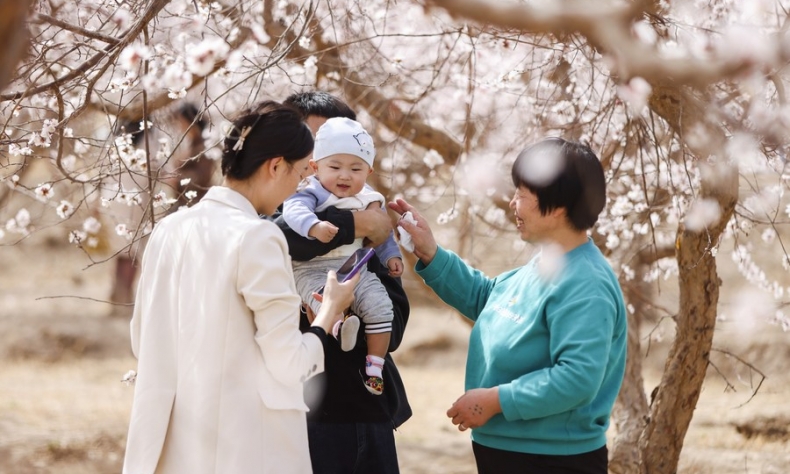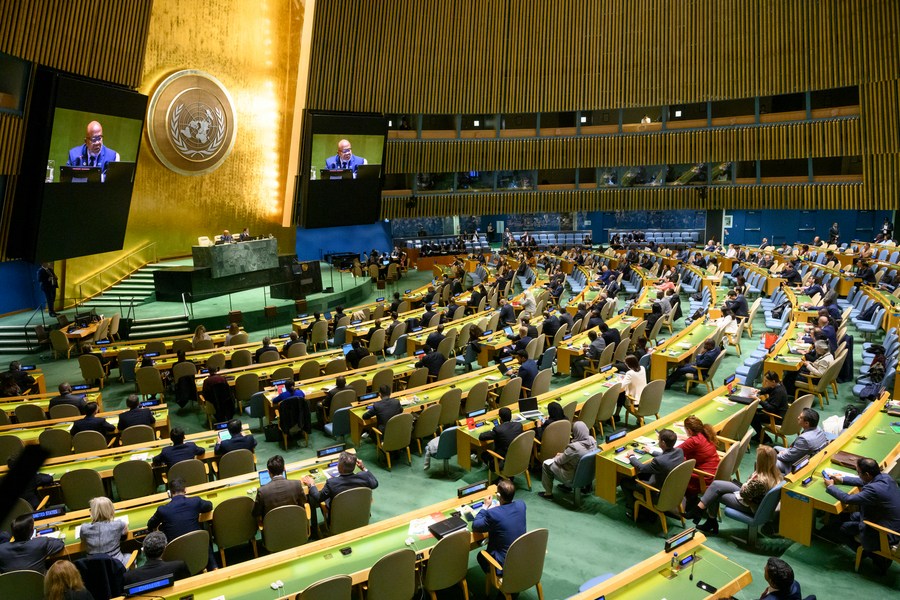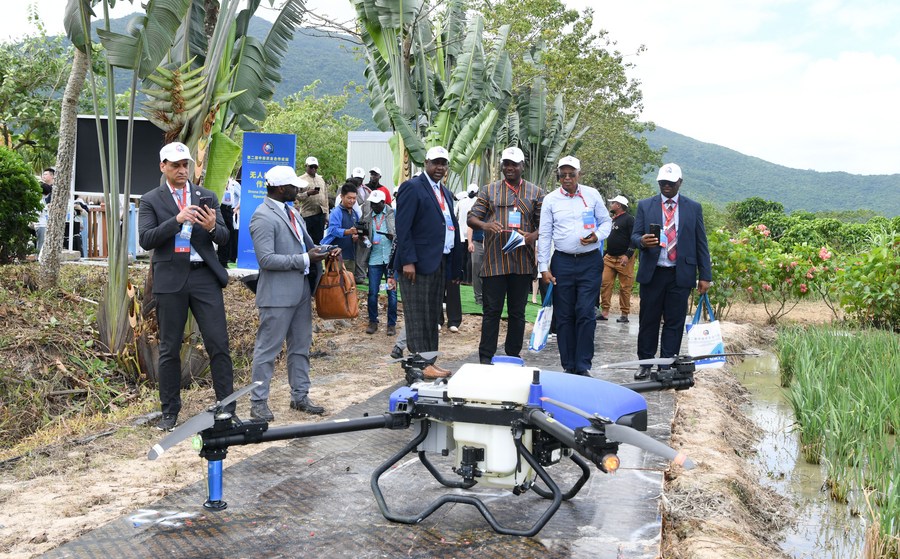China: An Active Participant in Promoting Human Rights Within the Framework of Gobal Governance

Promoting human rights within the framework of global governance is anchored in the common values of peace, development, fairness, justice, democracy and freedom illuminated by President Xi Jinping, and in the building of a global community of shared future.
The book “Xi Jinping on Respecting and Protecting Human Rights” has a comprehensive review of President Xi Jinping’s approach to respecting and protecting human rights. The book also provides important insights into how China plays an active role in promoting human rights within the framework of global governance.
Fully aware of its status as a permanent member of the United Nations Security Council, and a member of the Human Rights Council, China has attached equal importance to human rights initiatives both at home and abroad. This strategy speaks volumes about how contemporary China commits itself to human rights. In his congratulatory letter to Beijing Forum on Human Rights held on Sept. 16, 2015, President Xi Jinping explained China’s two “firm commitments”, that is, firm commitment to the path of peaceful development, and firm commitment to promoting human rights in the country and in other parts of the world.
The world today is undergoing profound changes unseen in centuries. On the one hand, technological and scientific advancements, and sophisticated transportation and communications network give a strong impetus to economic and social development, creating unprecedented opportunities for the promotion of human rights worldwide. On the other hand, pressures and challenges take on new forms, posing unprecedented risks and challenges for mankind. President Xi Jinping remarked that human rights are the quintessential feature of the progress of human civilization. Therefore, how to maintain and nurture momentum and commitment to human rights merits worldwide attention.
Active participation in promoting human rights within the framework of global governance embodies an important approach and major milestone for China to achieve human rights-based development. In the book “Xi Jinping on Respecting and Protecting Human Rights“, President Xi Jinping illustrated four points.
First, countries around the world should practice true multilateralism, and safeguard the international system with the United Nations at its core and the international order underpinned by international law.

In his speech at the general debate of the United Nations General Assembly on Sept. 21, 2021, Xi said, “…we must improve global governance and practice true multilateralism. In the world, there is only one international system, i.e. the international system with the United Nations at its core. There is only one international order, i.e. the international order underpinned by international law.” He also stressed the importance of the UN to “advance, in a balanced manner, work in all the three areas of security, development and human rights.”
The fact that China has been elected to the Human Rights Council by a large number of votes is a testament to the recognition of most countries for China’s achievements in promoting domestic human rights, and to the expectation that China will play a greater role in the international arena.
Second, all countries should emphasize the importance of the 2030 Agenda for Sustainable Development, and create a virtuous cycle where cooperation, development and human rights reinforce one another.
China is the first developing country to realize the United Nations Millennium Development Goals (MDGs), contributing over 70% to global poverty reduction. While managing its own affairs well, China is also an active player in driving global economic growth. An advocate and practitioner of the 2030 Agenda for Sustainable Development, China highly values the formulation and implementation of the United Nations development agenda.
On Dec. 4, 2016, in his congratulatory letter to the International Symposium on the 30th Anniversary of the Adoption of the United Nations, President Xi Jinping remarked: “China hopes the international society, with the UN 2030 Agenda for Sustainable Development as a new starting point, will strive to realize common development as it navigates a fair, open, comprehensive and innovative path.”
China’s constructive stance in promoting human rights is shown in its readiness to engage in dialogue and cooperation, and to build a strong foundation for development. In 2013, President Xi Jinping proposed the Belt and Road Initiative (BRI). Welcomed as a global public good, the BRI attributes its origination to China, and brings benefits to the whole world.
China has aligned its domestic affairs with foreign ones. In the domestic context, there is a general consensus that only development can make a difference. In dealing with international community, China has, as the UN has done, put development front and center, and promoted peace, development and human rights.

Third, China has devoted serious energy to the development of developing countries and South-South cooperation.
Being the largest developing country itself, China faces the same or similar task with other developing countries along the path to survive and thrive through economic and social development. In fact, a basic principle in China’s foreign policy is to strengthen solidarity and cooperation with third world countries.
On Jan. 25, 2021, in his special address at the World Economic Forum Virtual Event of the Davos Agenda, President Xi Jinping stressed the need to “close the divide between developed and developing countries and jointly bring about growth and prosperity for all.” He said: “…with the growth of developing countries, global prosperity and stability will be put on a more solid footing, and developed countries will stand to benefit from such growth. The international community should keep its eyes on the long run, honor its commitment, and provide necessary support to developing countries and safeguard their legitimate development interests.”
Fourth, every country should uphold the common values of humanity, playing an active role in the building of a global community of shared future.
The world we live in today is fraught with challenges which are so many that no country can address alone. This is the very logic behind President Xi Jinping’s proposition to build a global community of shared future. Facts have shown that this proposition is well-evidenced and future-directed, since it describes the nature of the international community and its future trajectory.
Thanks to China’s efforts, the United Nations Security Council, the Economic and Social Council and the Human Rights Council have included the concept of building a global community of shared future in a number of resolutions, making it an increasingly significant component in international human rights discourse. The international community has achieved the consensus that human rights should be respected and protected, and that solidarity and cooperation should be strengthened. Promoting human rights within the framework of global governance is anchored in the common values of peace, development, fairness, justice, democracy and freedom illuminated by President Xi Jinping, and in the building of a global community of shared future.
Liu Huawen is executive director and researcher at Human Rights Research Center of Chinese Academy of Social Sciences.
 Facebook
Facebook
 Twitter
Twitter
 Linkedin
Linkedin
 Google +
Google +










